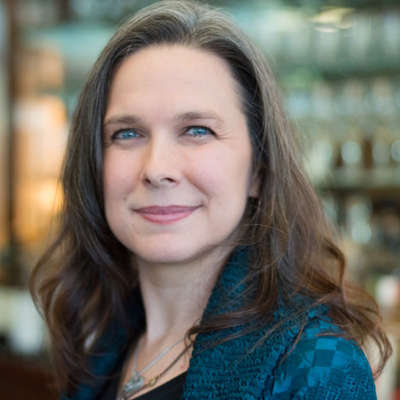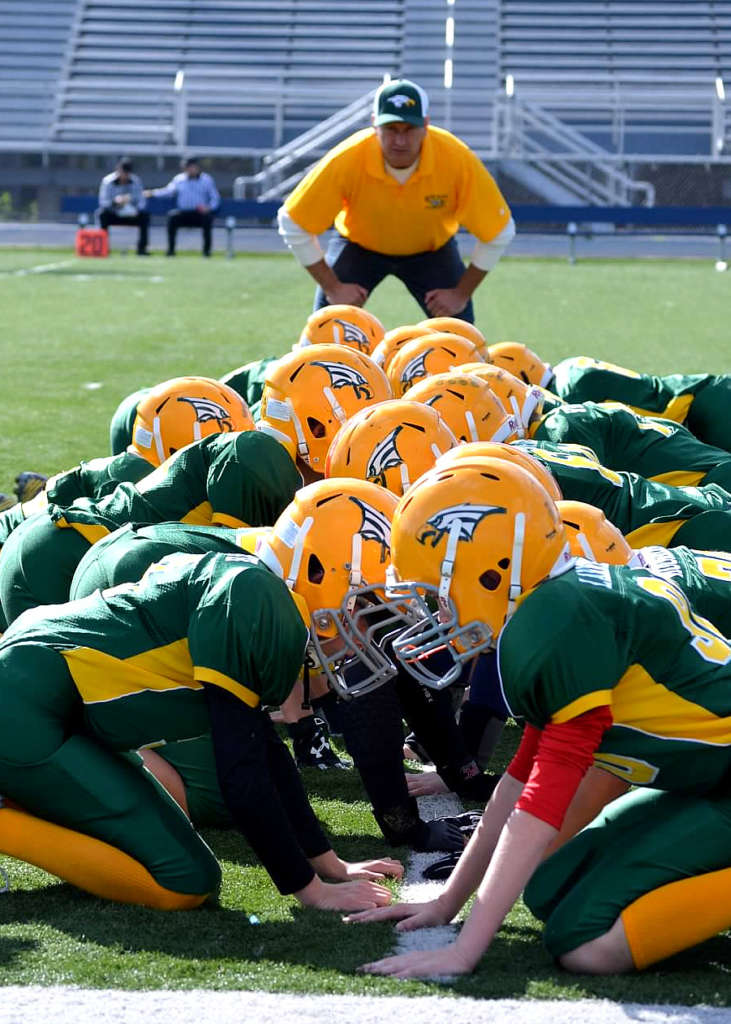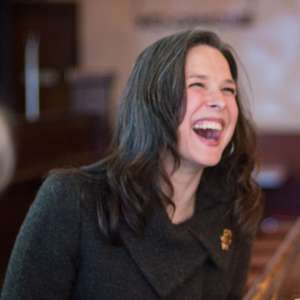Helping you live life intentionally
Newvine Growing Coaching

Why do I believe in coaching? Because it helped me propel through a midlife crisis to create a richer, fuller, more adventurous life than I could have imagined.
I’d accomplished everything on my checklist: I married a great guy, earned my MBA at a top 10 school, landed a six-figure job on the executive floor and moved into a Manhattan high-rise with a doorman.
But for the first time in my life, I didn’t know what I was working toward. I was lost. That’s when I learned first hand the power of getting help navigating transformation.
About a decade ago, I started a blog called Newvine Growing, with the tagline, “evolution, revolution and living life intentionally.”
I’m Colleen Newvine, and I would love to help you navigate your evolution or revolution.
Let's focus on your results, not the label
Why choose me as your coach?
I don’t love the shorthand labels for what I do. “Life coach” sounds a little woo-woo to me and “career coach” sounds to my ears like I’m a resume doctor who can help you get a better job and a raise. Though I don’t like the titles, I believe unequivocally in the value of coaching.
If you’re in the market for a coach (or whatever you like to call it), here’s why you should work with me.
Communication pro
I first got paid to write before I was old enough to vote. I was a newspaper reporter and editor, now I write freelance stories and blog. I have decades of practice asking questions and conveying information.
CTI trained
Anyone can call themselves a coach. I’ve completed extensive, practical coursework with CTI, the world’s largest in-person coach training organization. We spend hours and hours practicing real-world techniques.
Michigan MBA
I speak the language of business and return on investment. I understand career paths and company politics. And I love a good spreadsheet.

What do you think of when you hear “coach”?
Bon vivant
All work and no play … you know what they say. We host dinner parties and living room concerts. I dance in the Coney Island Mermaid Parade and I have worn costumes at Mardi Gras and Burning Man.
Self improvement buff
I read “Seven Habits of Highly Effective People” in 1993, then took the Dale Carnegie Course soon after, becoming a graduate assistant. I blog about living life intentionally. This is my passion.
Spiritual seeker
I was raised Catholic and confirmed Episcopalian before exploring Wiccan and pagan traditions and learning to read tarot. My spirituality continues to evolve.
Meet Coach Colleen
Coaching was as an easy evolution
Becoming a coach felt like that moment in a movie when several unrelated plot lines finally converge and you understand how they all fit together.
I came into self help and self improvement in my 20s sort of by accident. A friend lured me into a multilevel marketing business that I utterly failed at, but the training included reading many of the business classics: Seven Habits of Highly Effective People, Think and Grow Rich, The Power of Positive Thinking. I was captivated by these ideas about taking ownership of my life and visualizing my way to success. Then while I was editor of a business journal, my boss sold advertising to a local Dale Carnegie instructor and he accepted two seats in her next class in trade. I didn’t realize the commitment I was making when I said yes to a dozen weeks of evening classes, and because these were the very early days of the internet, I also didn’t have a sense of the transformation people experience in the Dale Carnegie Course. Serendipitously, Dale Carnegie gave me real-life practice of the concepts I’d begun reading years prior.
I started blogging about living life intentionally as I was approaching 40. After spending most of my life feeling like I was planning three chess moves ahead, I was increasingly unclear about my path. Blogging gave me a reason to think and write about what gives life meaning. I profiled people who inspire me and mined books, magazines and movies for lessons I could take away. You know how when you start thinking about going someplace for vacation or buying a model of car, suddenly you hear about it everywhere? Writing about living life intentionally helped me recognize inspiring stories wherever I looked, whether that was in-flight magazines or Twitter, and prompted me to more frequently discuss matters of life purpose with friends.
Long before I’d heard about The Secret, I believed in the power of goal setting. I wrote a detailed description of my ideal life partner before I met my husband of nearly two decades. I’d been dating another guy whose company I enjoyed but who was an absolute mismatch for the list, then marveled as I realized that John met almost every criteria. I crafted another detailed vision for my first job after getting my MBA. When I started at The Associated Press in 2006, I achieved not just the big picture goals of a challenging, well paid job in the media, but even the details like an office with a door and a sunny window where I could grow plants.
Building on my belief in goal setting, I began meeting with girlfriends annually to review and revise my life vision. That evolved into hosting small groups of women twice a year to do goal setting around my dining table. An ever-evolving cast of smart, supportive women have created vision boards, written monthly to-do lists, shared their expertise and contacts and perhaps most importantly, hell yesed each other’s dreams. It was at those goal-setting days when my desire to become a coach started to take shape.
As part of my marketing consulting, I started offering marketing coaching. The impetus was serving entrepreneurs, mainly self employed people, who wanted help promoting their businesses but who couldn’t afford to pay me to do all the work. Instead I met with them typically every other week to discuss what they were trying to accomplish and what was vexing them. I’d offer a mix of expertise and moral support on projects like kicking off an email newsletter. What should it say, what should my tone be, how will I know if it’s working? I found so many of these questions ended up really being about the business owner as a person – what would success really look like? Why are you anxious about people judging the grammar in your e-newsletter? – and I saw how coaching training would help me serve my clients more holistically.
What I believe, personally and as a coach
My job as a coach is to help you get clear on your values and to align your choices with those values. If you’d like to know what informs my life and my work, here’s a sampling:

-
- I am responsible for my life. This is not the same as blame, nor does it mean I get credit for the good fortune of being born a white middle class American to parents who valued education, for example. It does mean I have the choice how to play the hand I have been dealt, and it also means I can choose the story I tell myself about the good, the bad and the ugly in my past. I can be a passive victim, or I can own the choices I have made and continue to make. I choose responsibility.
- Lucky people default to “yes.” I read an article in Psychology Today about researchers exploring whether there’s anything quantifiably different about those who self identify as lucky. One of the traits they identified was openness, particularly to the unexpected. If you want a new job, new home or new mate, having a narrow idea of what that looks like limits your ability to get your desire met. Phrases like “I can’t,” “I shouldn’t” or “I wouldn’t like that” shut down possibility, too. When presented with an opportunity, I try to start at yes, and evaluate whether there’s a reason to move from there.
- Giving thanks gives me more to be thankful for. I am a strong advocate of thank you notes. Real, hand-written physical thank you notes. But here I also mean focusing on gratitude. My husband and I say informal grace before dinner, which is mostly a stream of consciousness of what we’re thankful for that evening. Robert A. Emmons, a leading researcher on the science of gratitude, found people who keep gratitude journals exercised more regularly, reported fewer physical symptoms and felt better about their lives. He also found people who wrote down their reasons to be grateful were more likely to make progress toward their goals.
- I chafe at the phrase “work/ life balance” because work is a part of my life. I get the concept, of course, that you might be struggling to get to the gym or have enough time with your family because your job demands so much of your day. But I think of work as one ingredient in my life, along with my social life, my family, my health and the like, and it’s up to me to decide how to prioritize my time and energy for each. If any one of those elements is crowding out the others, it doesn’t have to be work, I need to decide if I’m OK with that imbalance or if it needs action.
- Instead of “I can’t,” I try to say, “I choose not to.” I heard this years ago about time management: We all have the same number of hours in the day, and you choose how to spend them. Instead of saying you can’t get to yoga, see how it feels to say, “I choose not to.” It might not always feel like a choice, if you’re feeling pulled in a million directions. But could you say no to working such long hours or to overscheduling? By being passive, we choose the status quo. I feel a powerful shift when I’m making an excuse for something I should do and I say, “I choose not to.” I own that decision. If something feels impossible, I try to identify what’s really in the way, because often, it’s me.
- I’m a former A student aspiring to be a B- student. I love overachieving in part because my ego loves the praise for being smart and good at things and responsible. But I have come to realize that the real growth happens when I try something new, and generally speaking, when we’re new at something, we aren’t good yet. Has anyone ever skied down a black diamond hill on their first run? I don’t want to limit myself to what I already know I can do. Plus, as I reminded myself launching this site, done is better than perfect.
- Life doesn’t have to be an either/or choice. Anytime someone presents me with an either/or conundrum, I dig for a wider range of additional possibilities. Instead of choosing between two binary options — should you stay in your unfulfilling but steady job or take the risk of starting your own business — what are the ways you can combine? Can you keep the reliable day job while you pursue your passion on the side? Can you bring more of yourself to work? I have worked for the same global news organization for more than a decade, and because I now do that part time, I also have my own business. It’s a “yes, and” solution for my needs.
- You can hold opposing desires. I would love to have a big yard and a dog, and a guest room to have friends visit, but I love living in New York where none of that fits our current budget. I love comfort foods like macaroni and cheese and french fries, but I also care about being healthy. Our wants aren’t always consistent, so first we need to observe what’s in our hearts, then decide which desire gets to take the lead at this moment. It might change tomorrow or next year. When I don’t decide, I can feel like a car with a racing engine and the parking brake on. I either don’t make progress because I’m conflicted and confused, or I feel guilty about my choices.
- “Finding yourself” implies there’s a fully formed, happier you that’s hiding from sight. I picture cranking the handle on a jack in the box, and up pops me with absolute clarity on my career path and resolution on all my emotional wounds. Instead, I think self discovery is a lifelong process, sometimes in baby steps and sometimes in leaps forward. Partly that’s because it can take a fair bit of self reflection to get to understand why we do what we do. We’re complicated creatures! It’s also because, if you’re lucky, you’ll continue to change over time, so if you understood yourself in your 30s, surprise! If you’re me, it might not be true any more approaching 50.
